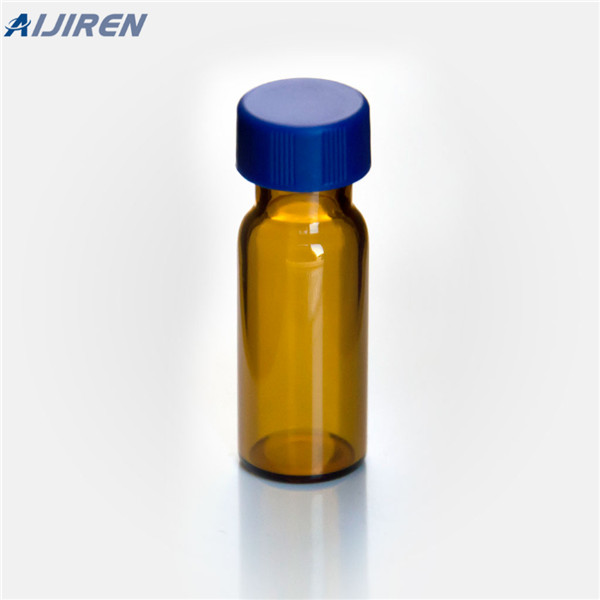
This graph displays data from our lab demonstrating the range of quantitative differences in silanized glass vials versus the RSA-Pro X™ vials over 72 hours, in aqueous conditions compared to “silanized” glass vials. Vials were prepared with 1ppm of Chlorhexidine Acetate in a diluent of DI Water.
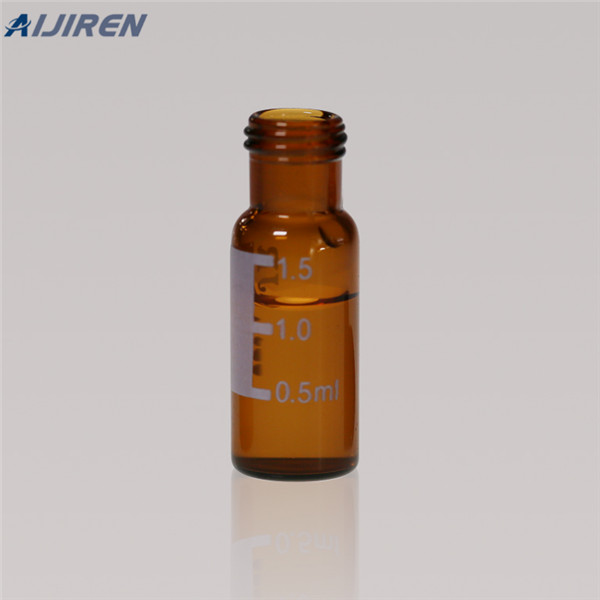
Apr 26, 2016 · 1 Answer. Sorted by: 2. Water has many, rather strong intramolecular bonds called hydrogen bonds, which influences many of its properties, for example being fluid even at high temperatures. Wheter some thing is hydrophilic/hydrophobic is influenced mostly by the availability of places where hydrogen bonds can happen, these are either 1. bonds
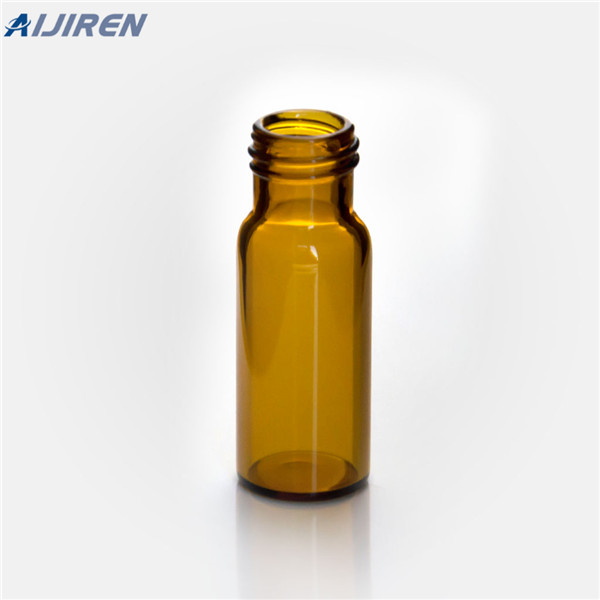
vials because they are manufactured using identical material to the Low Adsorption silanized vial except for the coating. Below is a comparison of the Shimadzu non-silanized vial to competitors silanized vials. Compounds with a wide range of polarity and functional groups were studied to determine if silanized vials adsorbed less analytes than
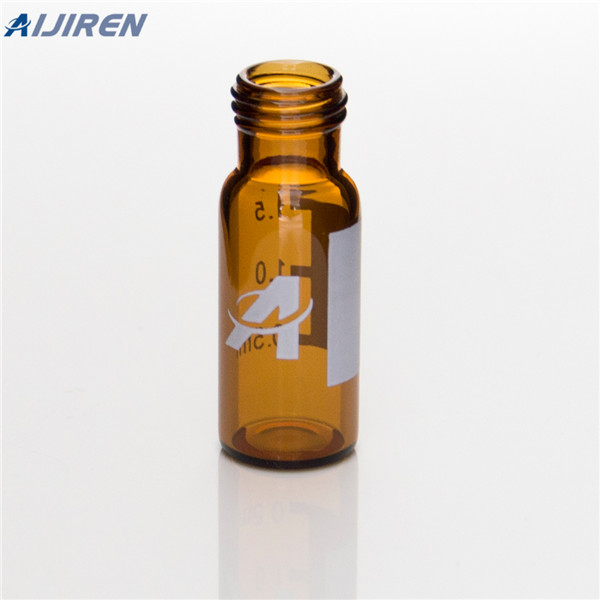
Aug 20, 2020 · Using containers and flow paths with inert surfaces can help to mitigate binding of biomolecules. When considering small molecules, choosing deactivated (or silanized) glass containers over glass with a high surface silanol activity, is generally enough to mitigate binding of moderately basic analytes [4]. However, this is not usually enough

Silanized Glass Vials. Save time and minimize waste costs when performing quantitative analysis or storing materials . Thermo Scientific™ Silanized Glass Vials are treated by vapor phase deposition silanization method. Surface deactivation treatments such as silanization and siliconization may play an important role in preserving the
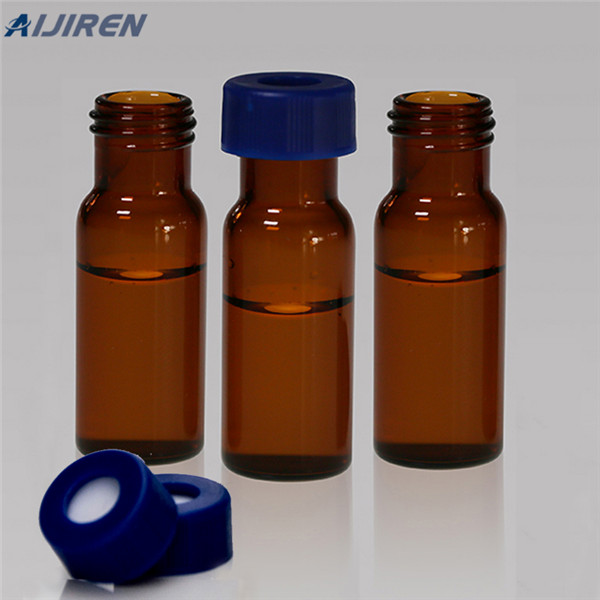
Feb 26, 2023 · This treatment reduces the surface tension of the glass, making it hydrophobic and reducing adsorption of the analytes onto the vial surface. Silanized vials are particularly useful for samples that are prone to adsorption or degradation, such as peptides and proteins.Screw top vials: Screw top vials have a threaded top that provides a secure

Abstract. Glassware is silanized (siliconized) to prevent adsorption of solute to glass surfaces or to increase its hydrophobicity. This is particularly important with low concentrations of particularly "sticky" solutes such as single-stranded nucleic acids or proteins.
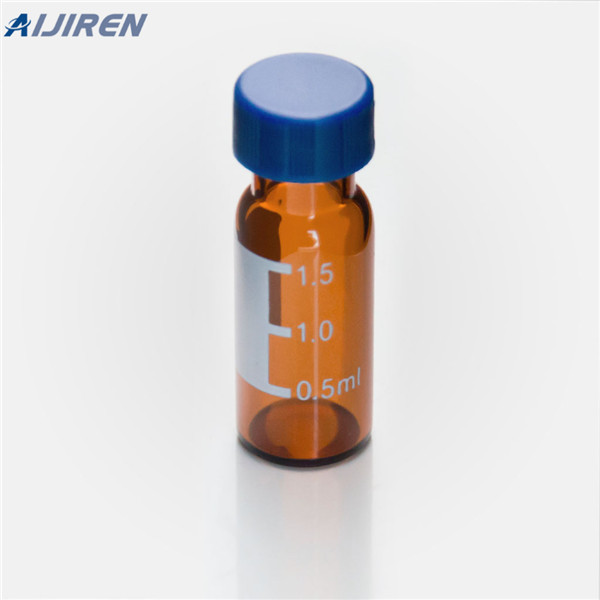
The 12x32mm 1.5mL clear and amber vials are also available with silanized glass, which is a conventional way to lower adsorption of polar compounds by chemically modifying the glass with permanently bonded hydrophobic groups via multi-step gas phase deactivation to make the surfaces inert. One-Twist Cap

Apr 18, 2018 · NH 2-silanized vials showed very good signal stability for hepcidin standard solutions, probably because the amino groups on the glass surface will repel the positively charged hepcidin molecules, avoiding adsorption on the vial’s wall. Fluoro-silanized vials showed the best MRM stability in serum samples (ESM Fig. S2). This can be explained

Mar 18, 2022 · What drugs come in glass vials? Someone can supply the cocaine powder in small glass vials with colored lids or small sacks. The cocaine is typically pulverized into a fine powder that resembles confectioners’ sugar. People can mix the powdered cocaine with: 1. water, 2. ammonia, 3. or baking soda in the crack variant of cocaine.

Glass vials have two wavy lines. For the most stringent analytical requirements the Performance Level 3 products have advanced features which make them suitable for use with difficult samples in terms of chemistry and available sample volume. All products are made from 33-expansion glass and these vials have three wavy lines.
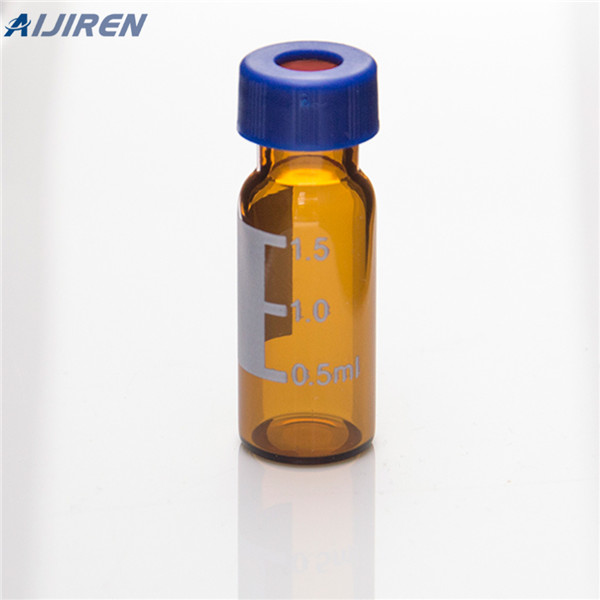
Glass vials are often used for biomolecules when carrying out chromatographic analysis. The use of a high quality neutral glass is recommended in order to avoid interaction of basic residues with the acidic silanol groups that are present in greater concentrations on the surface of soda glass commonly used for storage vials and bottles.

many laboratory applications. When glass vials are not required, laboratory personnel should consider the advantages of plastic when selecting vials. Following is a list of popular vials offered in both glass and plastic. Make your choice based on your application and the solvent used. For a more comprehensive listing go to sigma-aldrich.com

Silanization lowers the surface tension of the glass and forms a hydrophobic barrier that discourages leaching of trace glass constituents into aqueous solutions and adsorption of trace sample components onto the surface of the glass.
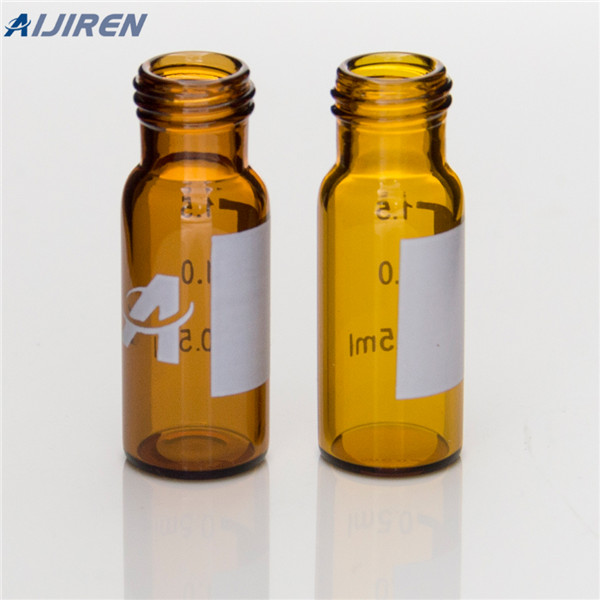
May 15, 2018 · We describe a simple and reproducible protocol for the preparation of microscope glass slides for in vitro motility assays that use total internal reflection fluorescence microscopy. The developed method utilizes trimethylchlorosilane (TMCS) as a silanizing reagent, which in the presence of imidazol